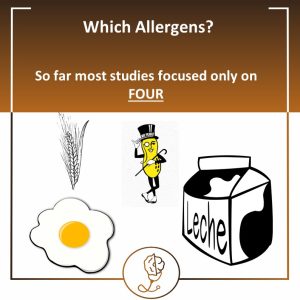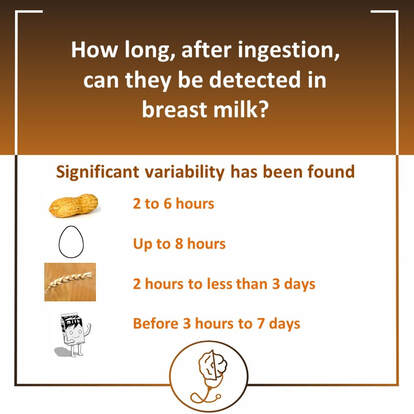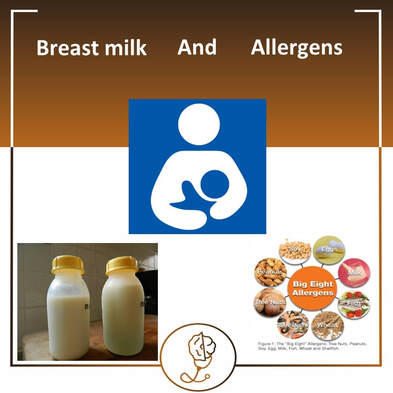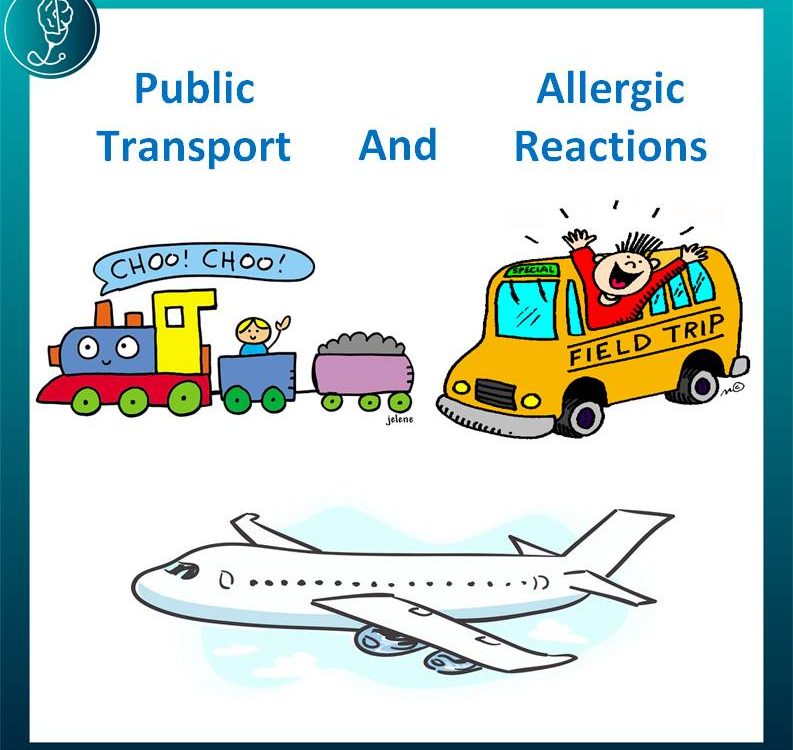Breast Milk and Allergens

Egg Allergy
02/02/2021
Chicken Allergy
14/02/2021One of the most common questions I get from mothers is “𝐢𝐬 𝐦𝐲 𝐜𝐡𝐢𝐥𝐝 𝐚𝐥𝐥𝐞𝐫𝐠𝐢𝐜 𝐭𝐨 𝐬𝐨𝐦𝐞𝐭𝐡𝐢𝐧𝐠 𝐈 𝐚𝐦 𝐞𝐚𝐭𝐢𝐧𝐠?”.
Many have decided to go on a food exclusion without any 𝘗𝘢𝘦𝘥𝘪𝘢𝘵𝘳𝘪𝘤 𝘈𝘭𝘭𝘦𝘳𝘨𝘺 𝘋𝘪𝘦𝘵𝘦𝘵𝘪𝘢𝘯‘𝘴 or 𝘗𝘢𝘦𝘥𝘪𝘢𝘵𝘳𝘪𝘤 𝘈𝘭𝘭𝘦𝘳𝘨𝘪𝘴𝘵‘𝘴 advice, meaning potential nutritional deficiencies and substantial confusion as to what is the causative agent, if any.
Fortunately, when there is a relationship between maternal food ingestion and an allergic reaction in a baby, they tend to be non-IgE mediated.
Excellent information on the management of those reactions can be seen in an 𝐄𝐀𝐀𝐂𝐈 𝐏𝐨𝐬𝐢𝐭𝐢𝐨𝐧 𝐏𝐚𝐩𝐞𝐫: “Diagnosis and management of Non‐IgE gastrointestinal allergies in breastfed infants — An EAACI Position Paper.
For all the others, referral to a 𝘗𝘢𝘦𝘥𝘪𝘢𝘵𝘳𝘪𝘤 𝘈𝘭𝘭𝘦𝘳𝘨𝘪𝘴𝘵 should be considered, so investigations (mainly skin prick tests – SPTs) can be done.
After that, coordination with a 𝘗𝘢𝘦𝘥𝘪𝘢𝘵𝘳𝘪𝘤 𝘈𝘭𝘭𝘦𝘳𝘨𝘺 𝘋𝘪𝘦𝘵𝘪𝘵𝘪𝘢𝘯 will lead to re-introduction of foods into the maternal diet and, eventually, into the child’s diet as well.
The dietitian will also advise on the need for supplementation if the diet is inadequate.
Before that appointment, it is always a good idea for mothers to keep a food and symptoms diary.
That often, on its own, can be enough for us to make a diagnosis and management plan.


Please do bear in mind that though only four main allergens have been investigated so far, it is highly likely all or most others will also be expressed in breast milk.
Unfortunately, there is significant variability of allergen presentation in breast milk, which is often related to the method used to detect the proteins associated with those allergens.
Further research into a unified and conclusive investigative tool is of great importance, so clarifying and establishing a causal relationship between allergen ingestion on a mother and allergic reaction on a baby can be achieved.
Bottom line if worried about a potential allergic reaction in your breastfed child:
- Start a food and symptoms diary.
- Speak to your GP.
- Potential referral to a Paediatric Allergy Dietitian and/or Paediatric Allergist.
- Do not start a food exclusion on your own, especially extensive food exclusions.


